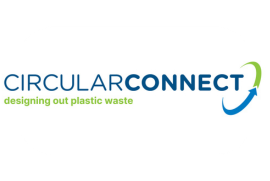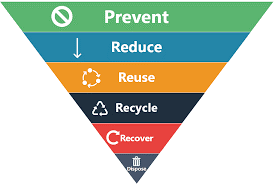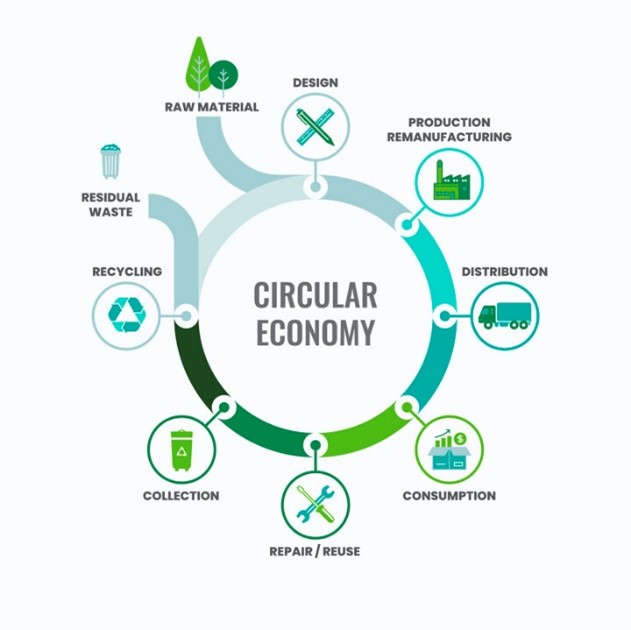
Circular Economy Update: July
Plastic’s New Zealand’s CircularConnect co-funding opportunity draws to a close this week. The programme was designed to provide connections and 50% co-funding for projects seeking to work with consultants to minimise plastic waste. Looking back, we are very pleased to reflect on the excellent outcomes the project has achieved!
Phase 1: Discovery
Phase 1 co-funding of up to $3,500 was awarded to businesses seeking to identify opportunities to minimise plastic waste. A total of 23 projects reached completion, ranging from packaging audits to circular design guides, market analysis to product re-design.
The scope of these projects highlighted that Circularity does not have one face. Examples of successful outcomes across the ‘circular management’ section of the waste hierarchy included:
- Reduce: Identifying opportunities to downgauge material thickness

- Rethink: Identifying opportunities to switch to recyclable materials, such as from multi-material products to PET, HDPE, or PP.
- Reuse: Identifying opportunities to move to reuseable systems, such as reusable containers.
- Recycle: Identifying opportunities to recover material for recycling, e.g. through take back schemes
These projects were conducted by businesses of all sizes, from SMEs to Industry Associations. The budgets also ranged from a couple of hundred to a couple of thousand. The key learning here was that everyone, no matter how big the business or budget, can make an impact!
Phase 2: Feasibility and Development
Phase 2 co-funding of up to $20,000 was awarded to businesses seeking to test the feasibility of/work on development plans for opportunities to minimise plastic waste. Our target was to support 12 projects and we were extremely happy to come in bang on target!
These projects were just as wide reaching as Phase 1. Examples included:

- Reduce: Exploring the feasibility of phasing out or replacing problematic packaging.
- Rethink: Testing the performance of alternative packaging materials (e.g. switching to mono-material, thinner plastic packaging).
- Reuse: Examining the feasibility of moving to a large-scale reuse system.
- Recycle: Trailing a material take back for recycling scheme.
As with Phase 1, these projects were conducted across a range of business and budget sizes.
Overall, the project has performed well in supporting a range of businesses in identifying and examining opportunities to work towards greater plastics circularity. The projects showed how plastics can be used resourcefully, helping to minimise our impacts on the planet and retain valuable material within the economy. We are incredibly proud of all of the consultants and companies who engaged with this opportunity – we can’t wait to see what you achieve next!
For more information, contact: This email address is being protected from spambots. You need JavaScript enabled to view it.
